“The difference between stupidity and genius is that genius has its limits.”
―Albert Einstein
“There is no great genius without some touch of madness.”
―Aristotle
“Talent is a flame. Genius is a fire.”
―Bernard Williams
“Talent hits a target no one else can hit; Genius hits a target no one else can see.”
―Arthur Schopenhauer
“To see things in the seed, that is genius.”
―Lao Tzu
“We should each be free to develop our own talents, whatever they may be, and not be held back by artificial barriers—man made barriers, certainly not heaven sent.”
―Ruth Bader Ginsburg

I have always been willing to tolerate external idiosyncrasies in people when I see the substance and genius underneath the distracting behaviors. My family, understandably, has been intolerant of my tolerance when my commitments to unconventional people have had unpleasant consequences.
It seems to me, however, that life is more exciting on the margins than in the middle.
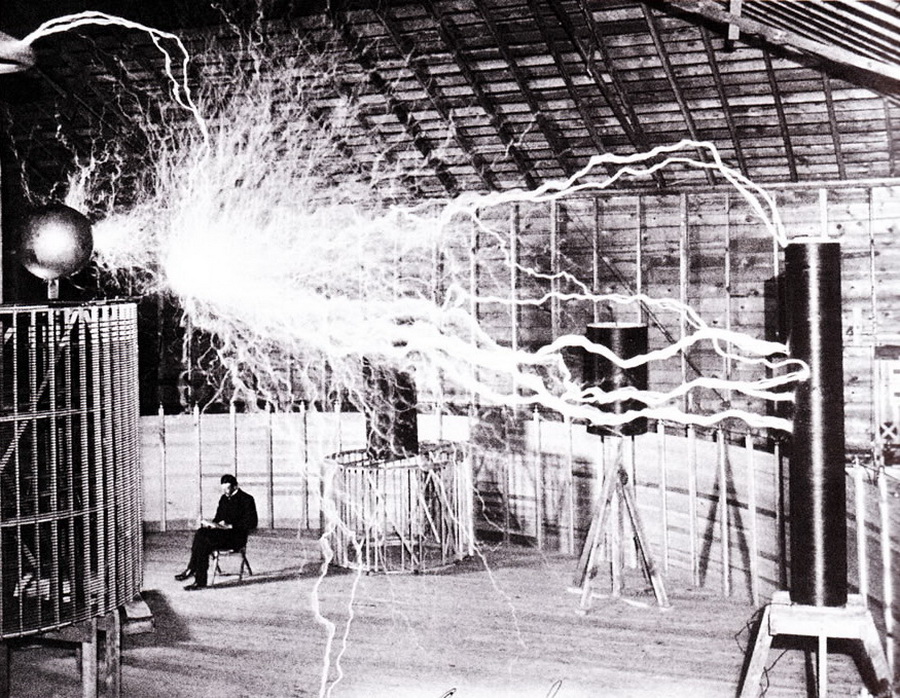
In The Last Days of Night, Graham Moore’s historical fiction account of several geniuses in the late 19th century who were inextricably involved in the most important patent case in the U.S. AND who ushered in a new day of light, impelled me to write this post. In his brilliant book, Moore unravels the knotty relationships among George Westinghouse, Thomas Edison, Nikola Tesla, J. P. Morgan, Paul Cravath, and Agnes Huntington—all idiosyncratic geniuses in their own distinctive ways.
Westinghouse had a passion for products ranging from air brakes to A/C generators, but was not above devious dealings to advance his business. Thomas Edison, of course, is known as the greatest American inventor, but was so obsessed with winning his battle with Westinghouse that he managed to get fired from his own company. Nikola Tesla, after whom the Tesla car is named, was a Serbian scientist who was the real brains behind Westinghouse and Edison, and who imagined cell phones when they seemed unimaginable. Tesla was also a germophobic recluse. Paul Cravath was the young lawyer in the story representing Westinghouse in his litigious battles with Edison who engineered Edison’s firing by J.P. Morgan. Cravath established the organizational model that most law firms still employ today and founded one of the most prestigious and powerful law firms in the country. And Agnes Huntington, the lone woman among these wolves, was a world-famous singer who was able to manipulate all of these titans with incredible grace and genius. Cravath ended up marrying her. It’s a great read.
Those fascinating stories made me think about all the ways genius is manifested and marginalized in our society.
Here are a few examples that stand out to me.
This month witnessed the passing of Philip Roth, the most prolific genius of American literature.
I loved American Pastoral, The Plot Against America, and Shabbath’s Theatre—absolutely brilliant books with laugh out loud humor. Roth was a darkly comic novelist who wrote about life and lust and what it meant to be an American, a Jew, and a male. And yet, we know that he was a controlling misogynist who exhibited little empathy for or curiosity about women.
Elon Musk, our contemporary genius, also has a rather active imagination. He is the founder of SpaceX, Tesla, Solar City, Open AI, Neuralink (focused on brain/computer interfaces), and Boring (tunnel construction). He also envisions Hyperloop (vertical take-off, electric, supersonic, aircraft) among other fantastical ideas. AND, he seems to have difficulties with relationships (3 divorces so far) and wants to die on Mars.
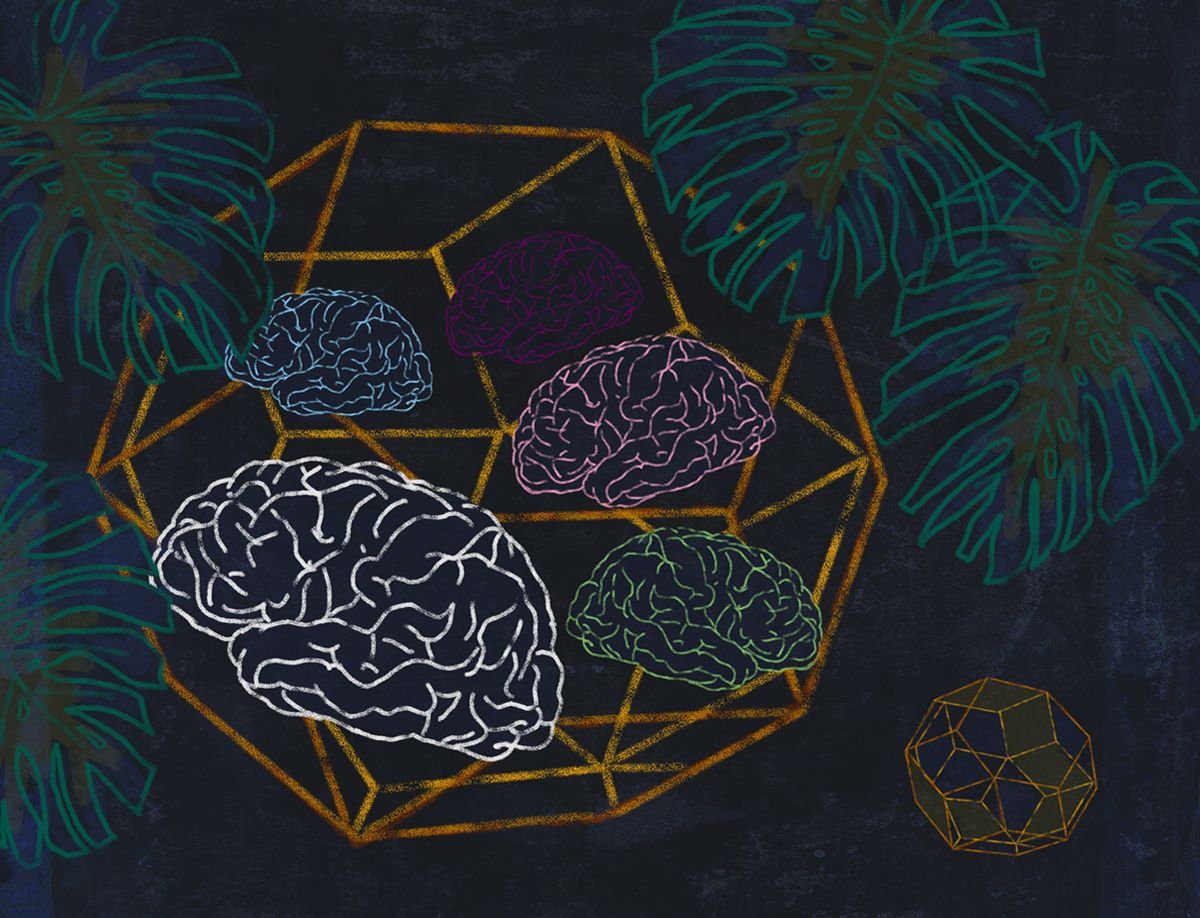
I have always been fascinated with geniuses even though many are demonized and/or marginalized by society. For example, I had a long-term love affair with Gurdjieff, the founder of the Fourth Way and author of All and Everything: Beelzebub’s Tales to his Grandchildren—an objectively impartial criticism of the life of man. I have read all his books several times and most of the books written by his adherents: Ouspensky, Bennett, Nicoll, DeSalzmann, and Needleman.
Gurdjieff was a mystic, philosopher, and spiritual teacher who taught that most humans do not possess a unified consciousness and thus lead lives of waking sleep. He believed it was possible, however, to transcend to a higher state of consciousness and achieve full human potential.
He died in 1949. As is the fate of most geniuses, many people wrote off Gurdjieff as a manipulative magician.
Friedrich Nietzsche is another example of a real genius who not only fought his own demons but continues to be demonized by intellectuals whom he overshadows intellectually. He is the most misunderstood genius I know. And, yes, he also had antiquated views of women.
I have been fortunate to have many genius friends. I won’t list them all here for fear that some of my friends might be offended if I inadvertently left their name off the list. The main point I would like to make is that I find genius in a lot of people. My grandkids, of course, amaze me every day with their genius. My daughters also dazzle me daily with the genius of their artistic and academic endeavors. My wife is a genius teacher. I have one friend who is a genius photographer, another friend who is a genius giver of feedback, another who is able to make dramatic conclusions based on scant evidence that turn out to be accurate, another who is a genius basketball coach. I have friends who are genius doctors and nurses; a few who are genius filmmakers, musicians, and writers; still others who are simply geniuses of life and, finally, a few more who articulate the possibilities for spiritual breakthroughs in ways that blow my mind. I could go on.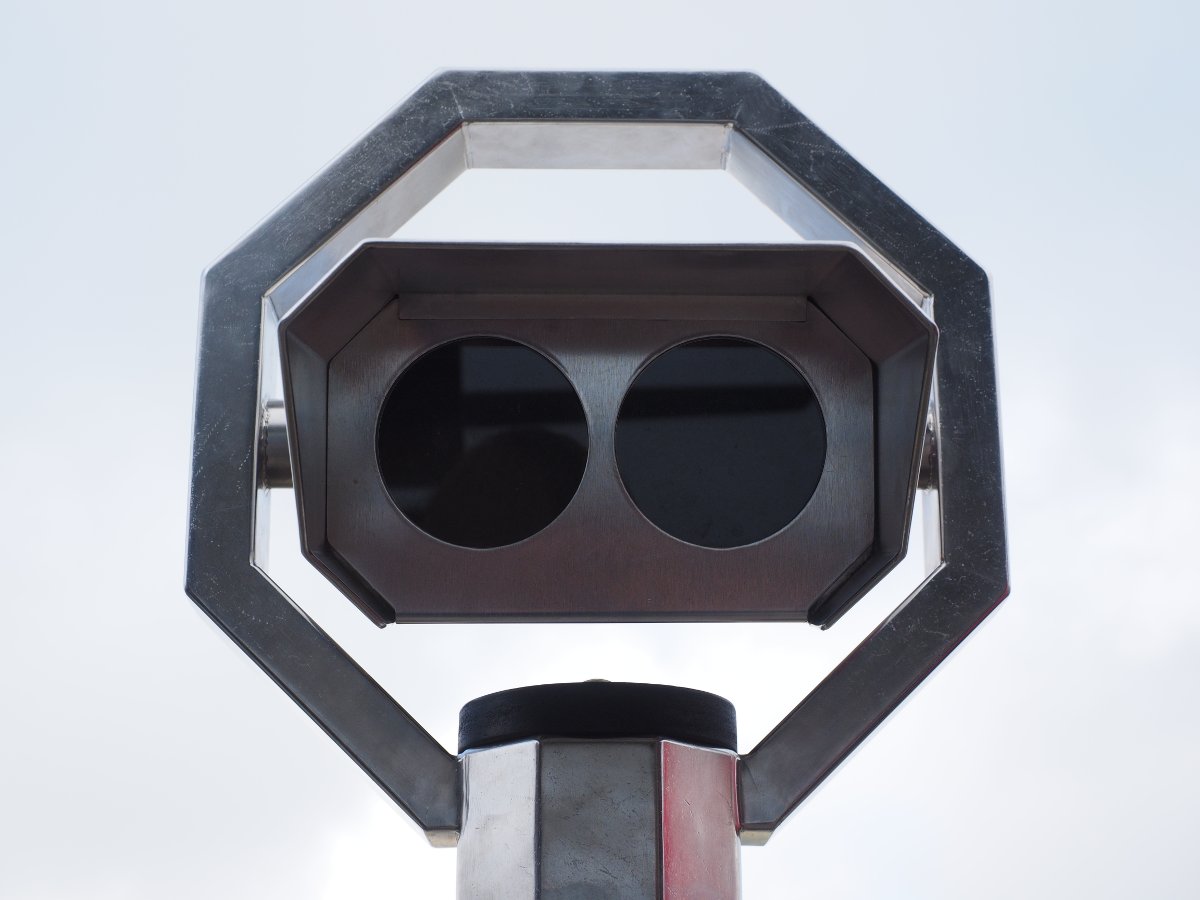
The question I want to raise here is, what is your particular genius?
And, when you identify it, how are you letting it shine; and how are you letting it be smothered, stifled, or shadowed? What’s keeping you from embracing your genius?
I recently watched a 6-episode series, Wild Wild Country.
In this documentary, a guru named Bhagwan (also known as Rajneesh or Osho), re-located an entire community from Pune, India to Antelope, Oregon.
Bhagwan’s genius idea was to create an “awakened” community based on love, compassion, and freedom.
You can only imagine the reaction of the 40 conservative Christian citizens of Antelope when hundreds of free-wheeling, dressed-in-red people decided to build a city next to their remote village.

To me, it sounds like an amazing idea to create a model community with high ideals, BUT the questions the documentary raises are:
- Were the Antelope citizens threatened by the radically different lifestyles of their new neighbors and couldn’t let go of their rigid and restrictive beliefs out of fear that their traditional and conventional lives would feel empty? Or
- Did the brilliance of Baghwan’s idea morph into an elimination of boundaries around drugs and sex required for a civilized and decent society?
I don’t know the answers to those questions, but the series triggered me to re-examine not only what a civilized and decent society really means but also how tradition and convention can be for better or for worse. The world in which we live today demands a deep exploration of those questions.
But back to being a genius. Clearly, not everyone can be an Einstein, a Tesla, an Edison, a Roth, a Musk, or a Nietzsche; but most of us are born with gifts that we can identify and free. I invite you to live in the questions that come out of the quotes at the beginning of this post:
- How can I turn my flame into a fire?
- How can I free my genius and manage my madness?
- How can I identify the seeds in myself and others that may grow into beautiful flowers?
- What is my personal vision that no one else seems to see?
- What am I doing to free the people I care about to find their genius and develop their own talents?
In closing, I want to recognize the true genius of Ruth Bader Ginsburg. The recent movie, “RBG,” does a remarkable job of documenting her enormous contributions and courage.
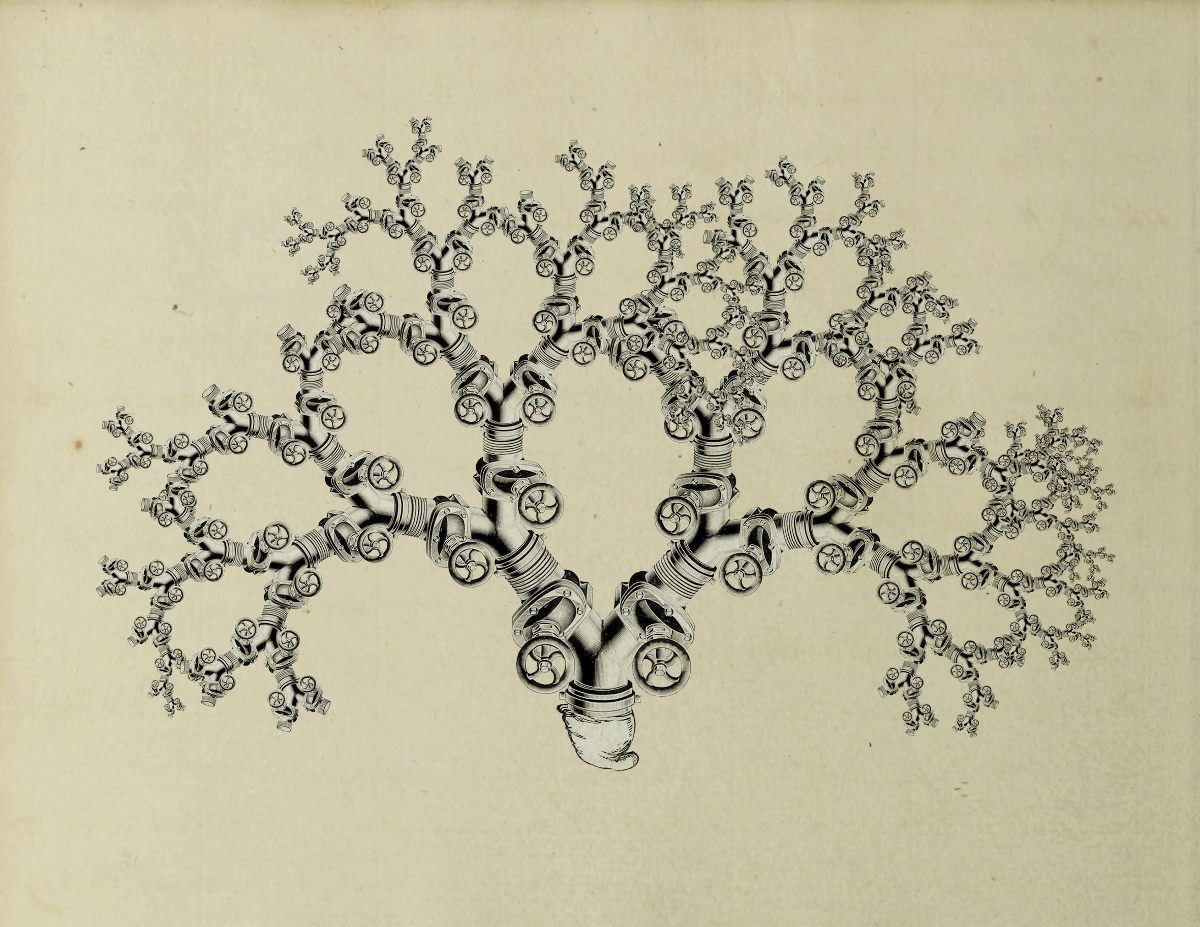
I don’t care what her idiosyncrasies are—she is still my hero. Her story is worth emulating.
This quote succinctly summarizes her work:
“[W]e should each be free to develop our own talents, whatever they may be, and not be held back by artificial barriers—man made barriers, certainly not heaven sent.”
Also published on Medium.
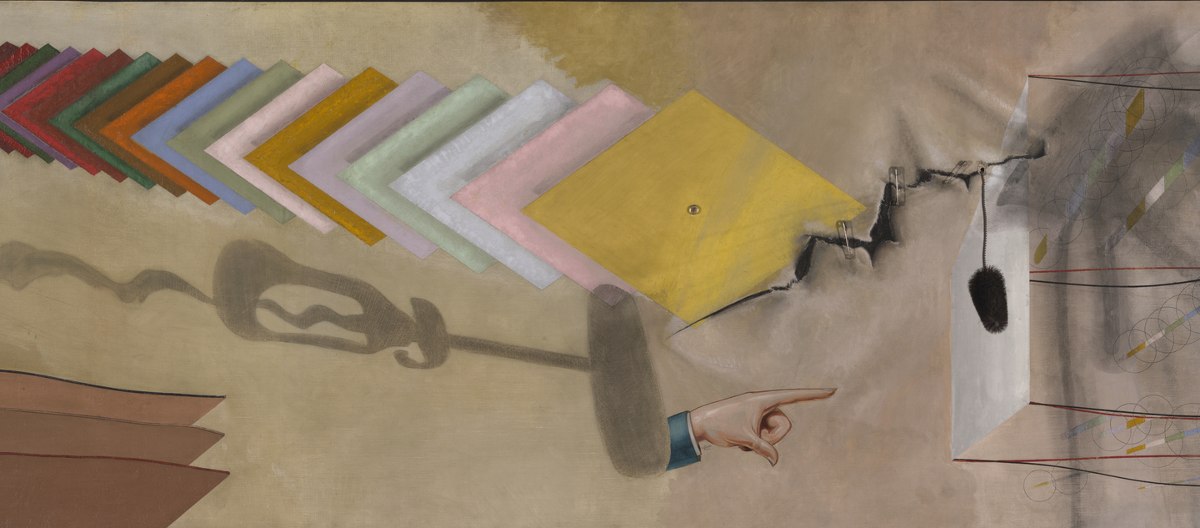
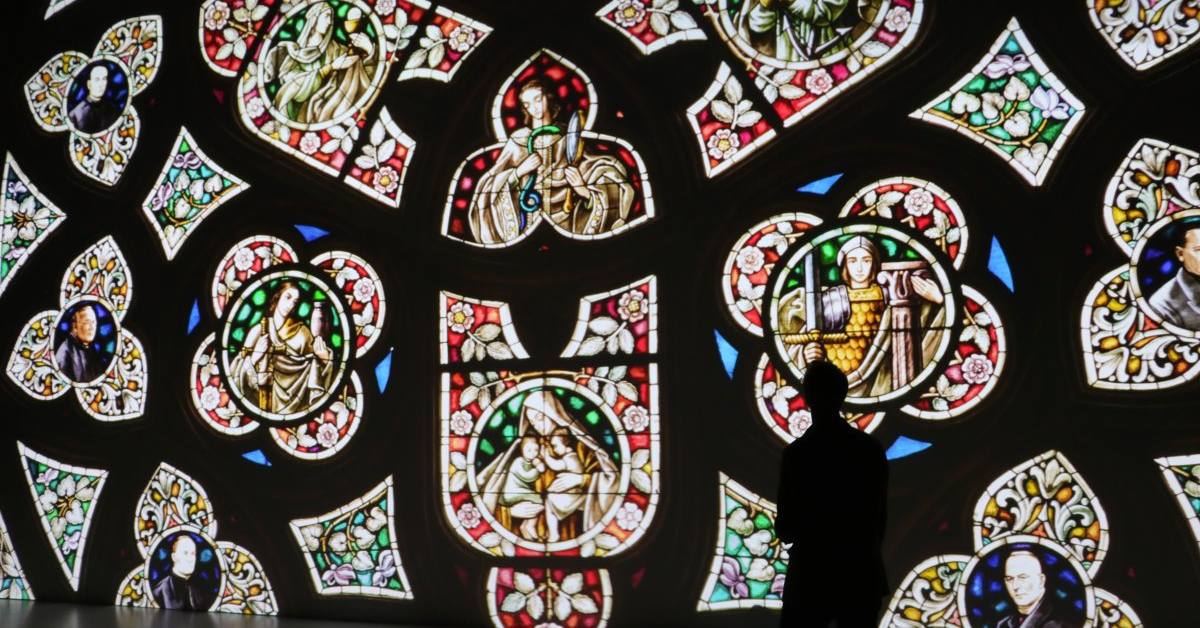
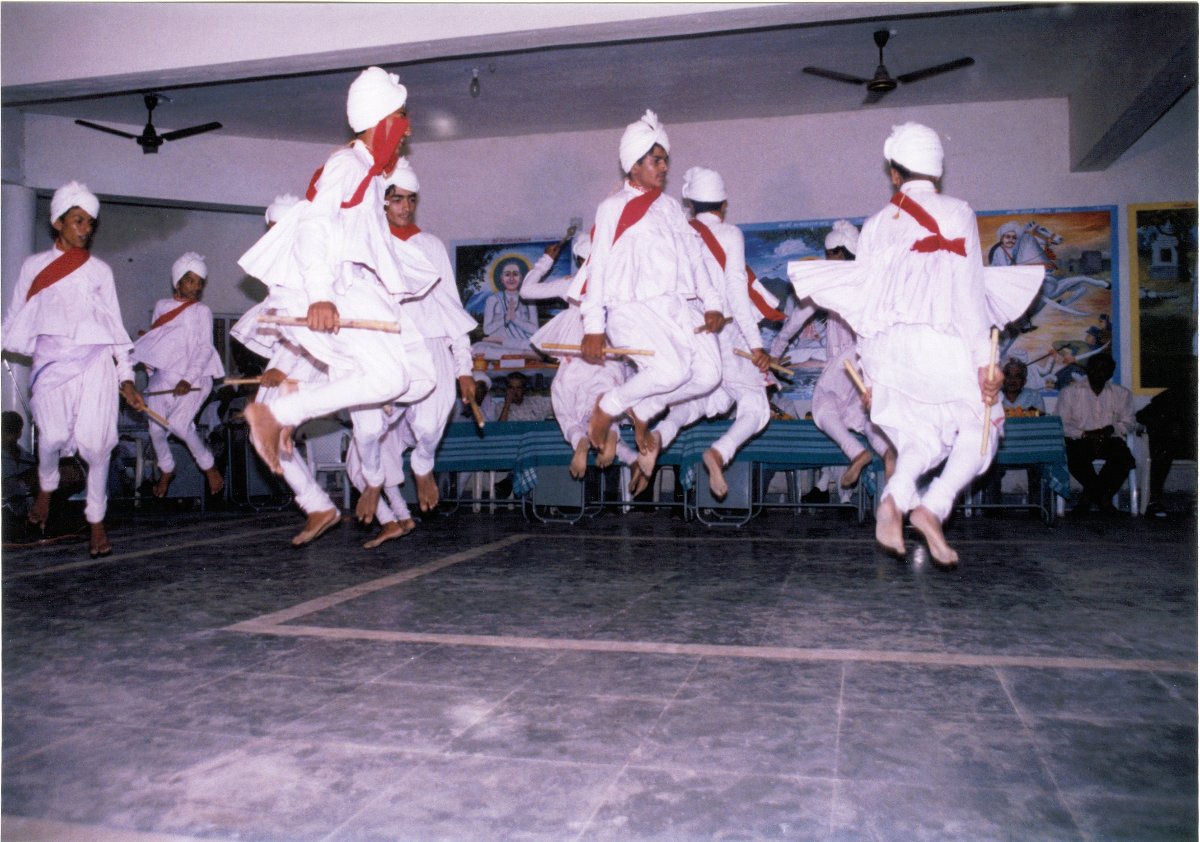

Another insightful and uplifting missive-thank you my brother! RonnyDonny